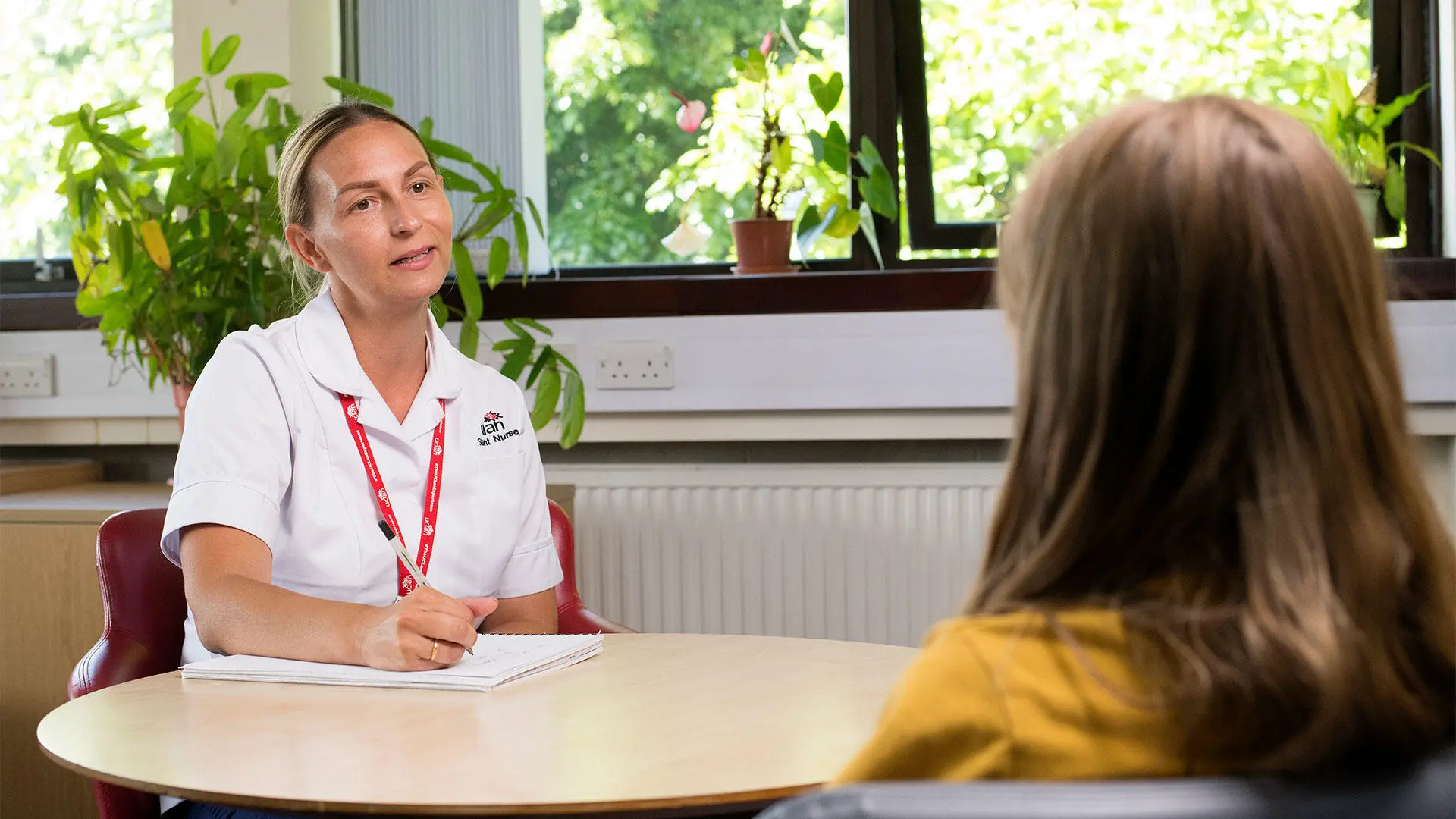Review of Independent Mental Health Advocate Services in England
An IMHA is a specialist type of mental health advocate, granted specific roles and responsibilities under the 2007 Act. Their role is to help qualifying patients understand the legal provisions to which they are subject under the 1983 MH Act; the rights and safeguards to which they are entitled, and help those patients exercise their rights through supporting participation in decision-making.
Aims
The main aim was to look at how IMHA services are providing help to patients detained under the 1983 MH Act, what makes for a good IMHA service and what factors influence the quality of services provided.
Methods
The study involved multiple methods:
- 11 focus groups, with IMHAs, mental health services, mental health service users, carers and IMHA commissioners, to identify indicators of quality for IMHA services.
- Shadow visits with IMHA services to develop the understanding of the IMHA role and refine the lines of inquiry for the case studies.
- 8 case studies on the provision of IMHA, involving a survey of IMHA providers, in-depth interviews with qualifying patients, IMHA services, mental health staff and commissioners, and case note analysis.
Findings
A quality IMHA services is: easily available; one in which the service user has confidence and trust; enables them to express their views and be heard and thus potentially influence decisions about their care and treatment under the MH Act and thus ultimately is likely to support their journey to recovery.
This reflects the legal position, which establishes that people detained under the MH Act have a right to be heard. Overall, we found that access to IMHA services is problematic, particularly for those people who have the most difficulty getting their voice heard.
Impact
The commissioning of IMHA services moves to local authorities in 2013, although responsibility for promoting access remains with the NHS. This study has the potential to ensure that effective high quality IMHA services are in place for qualifying patients. The report was launched in the House of Commons by the Chair of the All Parliamentary Mental health group, Charles Walker on June 21st 2012.
Project Lead
The Principal Investigator was Karen Newbigging, along with Dr Julie Ridley, Dr Mick McKeown and Dr Dina Poursanidou from UCLan.
Project Staff
The project team included 9 mental health service users as co-researchers, who were involved in the development of methods, data collection, analysis and report writing.
Advocacy publications
Newbigging, K., McKeown, M. &Machin, K. 2012, "The right to be heard: independent mental health advocacy services in England"
Newbigging, K., McKeown, M., & French, B. 2011, "Mental health advocacy and African and Caribbean men: good practice principles and organizational models for delivery", Health Expectations. DOI:10.1111/j.1369-7625.2011.00692.x
Further Information
We welcome feedback and suggestions for future research into advocacy. Our research is undertaken in partnership with mental health service users and we are therefore particularly interested in working with service user groups to develop a better understanding of advocacy.

